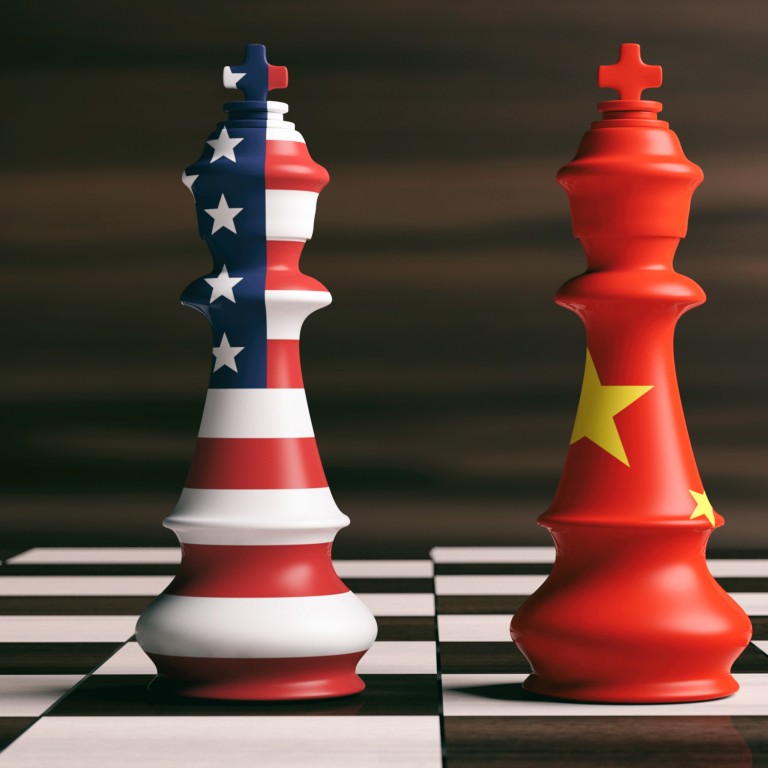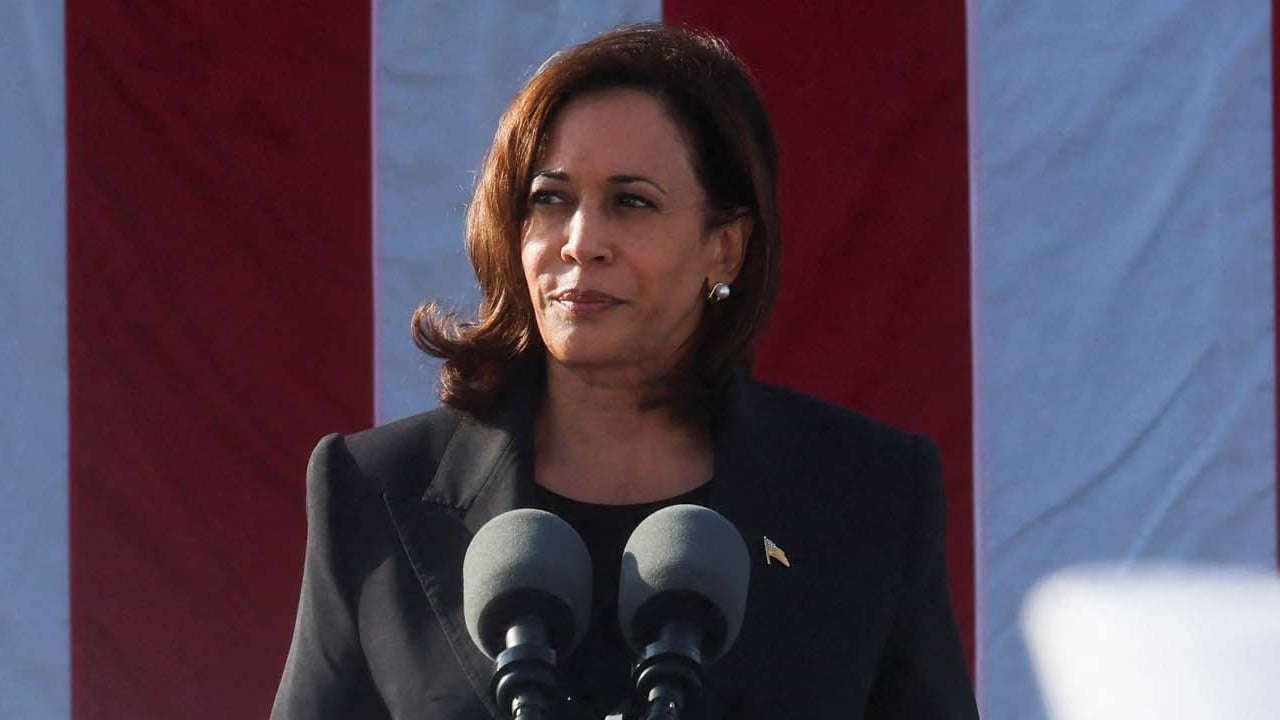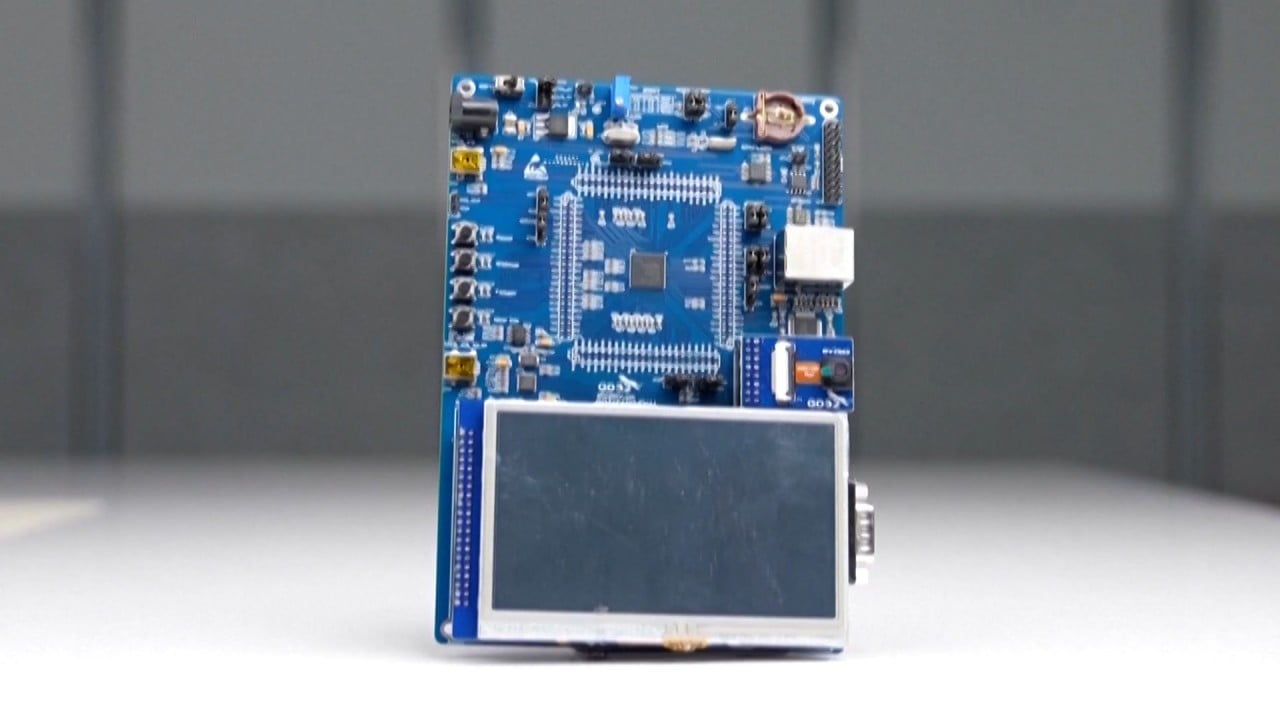
In a world on the edge of a new cold war, abandoned G2 concept for China-US ties may find its moment in the sun
- As Obama became US president in 2009, G2 was held up as a way to redefine US-China ties as a comprehensive partnership to avoid a ‘clash of civilisations’
- Amid uncertainty of post-pandemic disorder it takes on fresh relevance, although focus is shifting from cooperation towards reining in adversarial tensions
The fate of those events, and the entire world, probably hinges on whether Beijing and Washington cooperate as a bipolar international order returns in the wake of Russia’s protracted war in Ukraine and rancorous US-China wrangling.
Promoted by American geostrategist Zbigniew Brzezinski and others, it was meant to redefine US-China ties as “a comprehensive partnership” to avoid a destructive “clash of civilisations”.
Conferring near-peer status on China, the thinking went, would encourage Beijing to play by the rules and induce cooperation rather than zero-sum competition.
In retrospect, it was a missed opportunity for China. If Beijing had accepted the G2, a rare initiative of joint US-China leadership on the world stage, it could have changed the trajectory of bilateral ties and the entire world.
It largely followed a similar logic to the “responsible stakeholder” concept that had been put forward by deputy secretary of state Robert Zoellick in 2005, calling on a rising China to shoulder greater obligation for global governance and regional security.
Despite China’s deep suspicion of the US-led international order, the G2 concept was basically in line with Beijing’s decades-long aspirations of being recognised as a respected global player on a par with Washington.
Are strained China-US ties spiralling towards a Thucydides Trap scenario?
Compared to “a new type of great power relations” President Xi Jinping has fervently advocated since 2013, which many described as a Chinese version of the G2, the original G2 concept was focused more on cooperation than competition, according to mainland strategist Yan Xuetong.
China was nowhere near ready for such a global leadership role back then, although it had surpassed the US as the world’s top carbon polluter in 2006 and in 2010 overtook Japan as the world’s second-largest economy.
Instead, the G2 concept was swiftly dismissed by Chinese policymakers and state-controlled media as a US “trap” designed to hobble China’s rise with overpraise and an unfair share of global responsibility.
During Obama’s official visit to Beijing shortly before the Copenhagen talks, Chinese premier Wen Jiabao openly rebuked the US proposition, insisting China would remain a developing country for many years.
“Global issues should be decided by all nations in the world, rather than one or two countries,” state news agency Xinhua quoted him as saying.
Beijing’s rejection of the G2 later became a milestone in bilateral relations, marking the rise of an increasingly confident and assertive China and an acrimonious turn in Washington’s decades-old policy of engagement with China.
While Beijing was widely blamed as the main culprit for the Copenhagen debacle for refusing greater responsibility and binding emissions targets, it also sensed the decline of American power after the global financial crisis.
The world has changed dramatically since then, with geopolitical and ideological fault lines between China and the US threatening to tear apart the dwindling US-led liberal international order.
While the world is also becoming polycentric – with middle and small powers that have refused to choose sides appearing to fare well – the dawning of a new cold war amid risks of catastrophic military conflicts would inevitably make their lives more difficult.
Face-to-face diplomacy crucial to steer US-China ties clear of conflict
In a post-pandemic world reigned by chaos and uncertainty, the G2 concept has clearly taken on fresh relevance, with its primary focus shifting from cooperation towards how to rein in adversarial tensions.
“I think China is only interested in this G2 competition, and ignores the rest of the world, which is both risky and dangerous,” warned Philippe Le Corre, a visiting professor at ESSEC Business School in Paris. “Instead of a multipolar world Beijing has been calling for, this ‘G2 format’ is bad for multilateralism.”



